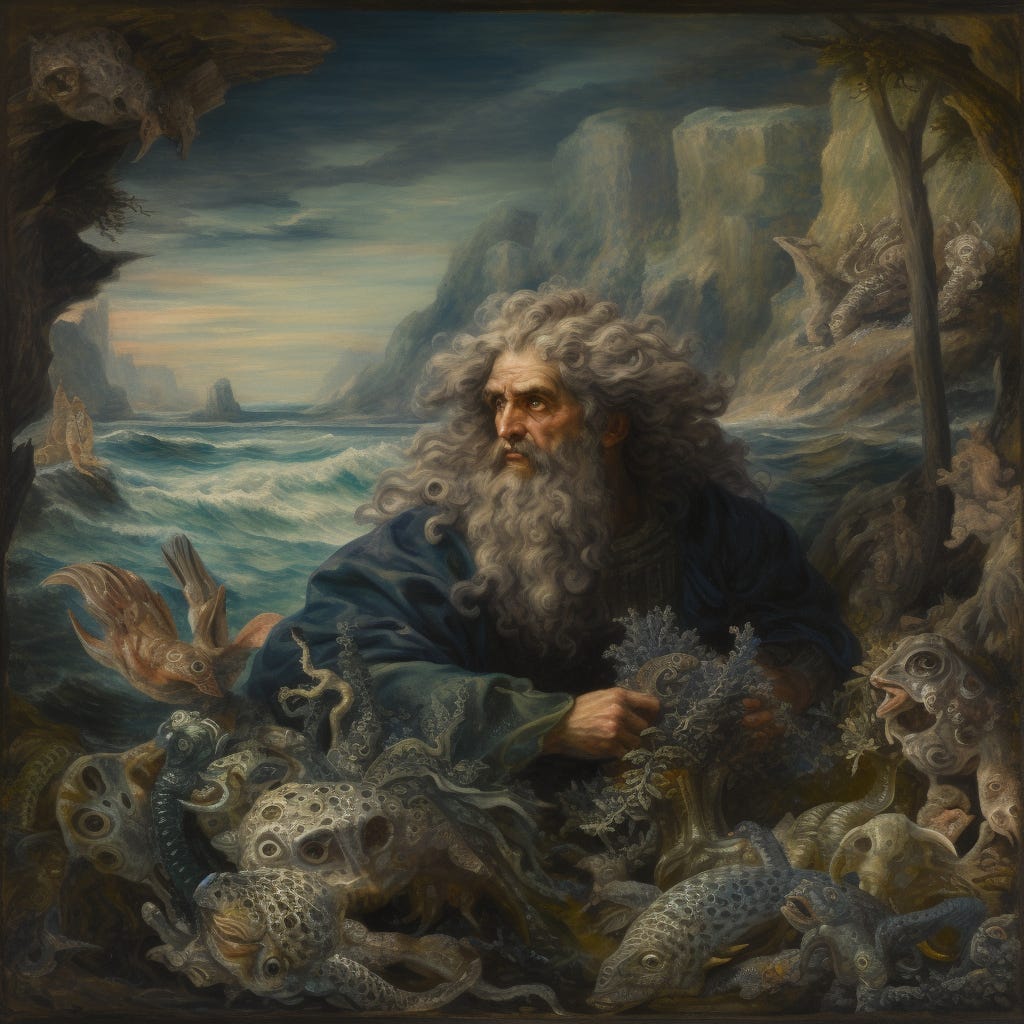Unveiling Earth's Fragile Bounty
A Different Perspective on Our Precious Water Resources
In the dim vastness of the universe, where cosmic bodies play a celestial ballet, there lies a tiny speck known as Earth. Gazing upon the image attached, one can witness not only Earth's majesty but also a profound, almost humbling revelation. This image, bestowed upon us by David Gallo of the Woods Hole Oceanographic Institute, unveils an elemental truth about our world. At first glance, our planet seems abundant, teeming with vast bodies of water. Yet, a closer inspection – and perhaps, magnification – reveals a startling reality.
That robust blue orb adjacent to Earth? That's not a neighboring planet. It represents the entirety of the world's oceans. Move your gaze a fraction to the right, and you'll encounter a minuscule speck of blue. This speck, almost lost amidst the grandiosity of the cosmos, signifies all the freshwater on our planet.
Now, indulge me in a whimsical exercise: imagine holding a basketball – our Earth model. In your other hand, you grasp a cup of water, embodying the ocean's volume. The challenge? Distribute that water across the basketball to emulate our oceans. Not as straightforward as one might assume, correct?
The Illusion of Ocean Invincibility
Sylvia Alice Earle, a luminary in marine biology, once eloquently articulated a widely-held misapprehension: "The oceans are too big to fail." This phrase invariably evokes associations with formidable institutions deemed crucial to our societal framework. But when we juxtapose this concept with our vast oceans, a paradox emerges. The oceans may seem boundless, their vast expanse seemingly insusceptible to human actions. But Earle's contention, echoed by Gallo, underscores a stark reality: the magnitude of human impact on the oceans is gravely underestimated.
Moreover, the notion that they're "too big to fail" is a comforting illusion. In actuality, they're vulnerable, susceptible to the myriad consequences of human actions. From plastic pollution to climate change, these vast waters bear the brunt of our indiscretions. And while our focus often remains affixed to the oceans, the alarming paucity of freshwater presents an even graver challenge for the future.
As we stand at the precipice of ecological transformation, let this image serve as a poignant reminder. It beckons us to reassess our relationship with the planet, urging us to cherish and safeguard its fragile resources. After all, as any wise investor (be it in crypto or the cosmos) would attest, our greatest assets are often those we underestimate. In our pursuit of progress, let us not overlook the finite treasures of our infinite-seeming world. For, in the end, they might just be the most pivotal of all.
Let us drink deeply from the well of knowledge and act, lest the well runs dry. Cheers to a future where the waters of wisdom and action flow in harmonious tandem.🥂






Great read John. In my lifetime, I saw the mighty Delaware River, declared a “dead river” in the early’60’s rebound to the beautiful, much cleaner river that it is today. Nature can heal, if given the chance…in this case the Clean Water Act of 1964. If it can be done with a freshwater river, it can be done to our oceans. But that will take a massive cooperative effort by all of the countries of the world. I hope that we can make that commitment. Cheers.
Indeed, it can. Possibly, like most other big issues, it also comes down to being realistic about solutions. Technology can provide cost-effective and environmentally friendly alternatives to replace outdated systems and products. This fact, however, threatens the norm and causes dumb "solutions" to be put in place. I really don't think banning plastic bags or straws did anything for the "problems" they were trying to address.